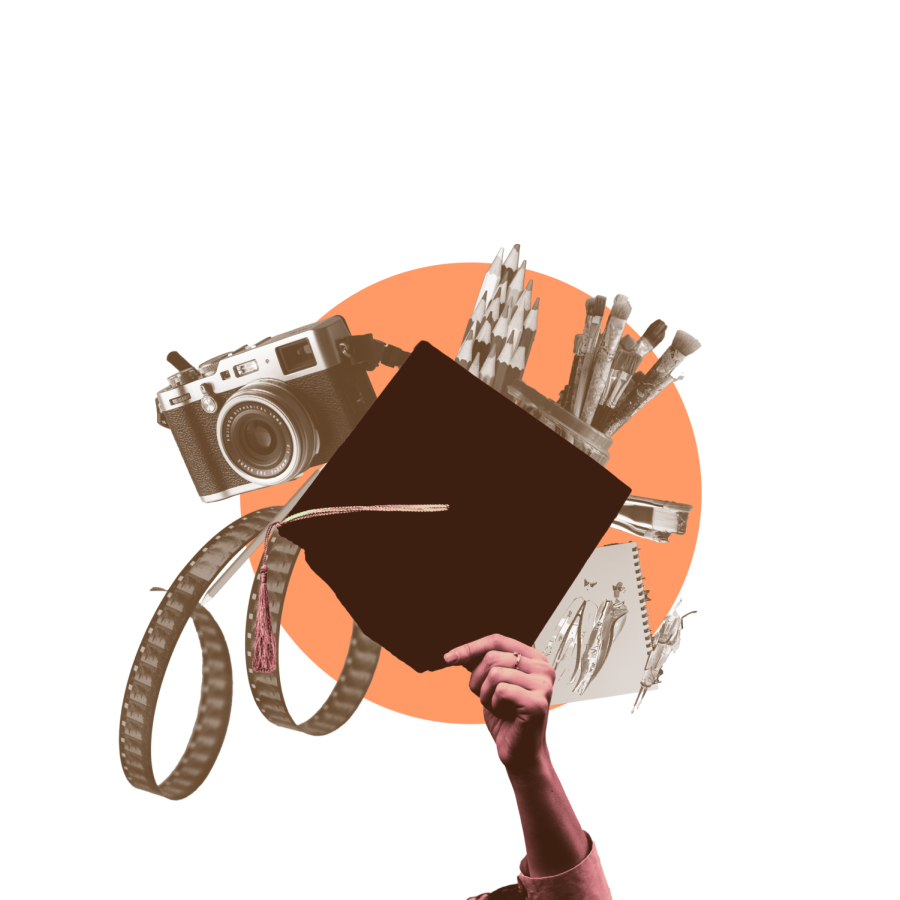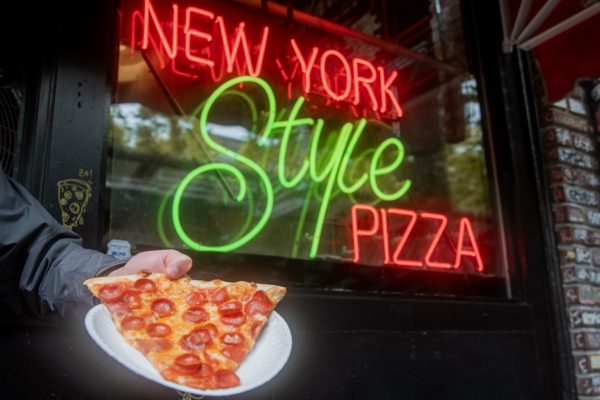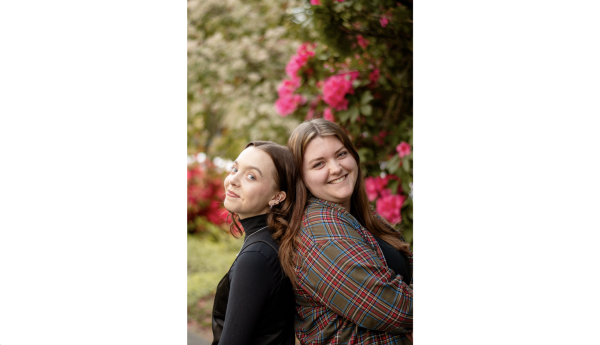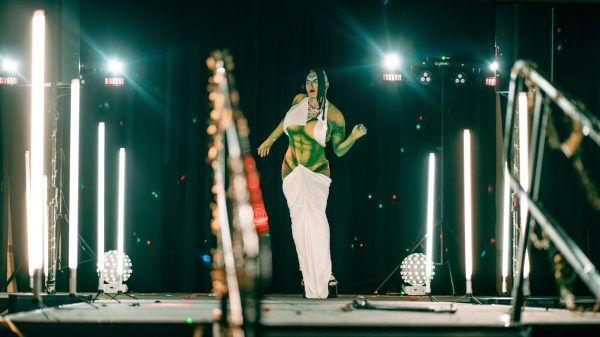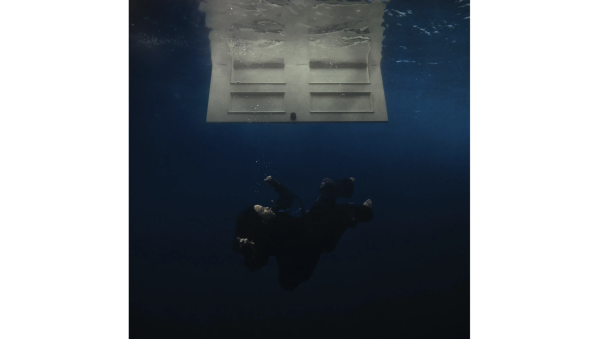Creative Careers: How Are Our Future Artists Prepared?
Ranked one of the most creative cities in the U.S., according to a poll by Singulart, it comes as no surprise that the Emerald City is brimming with artists, musicians and creators. The Seattle University community is no exception.
From the SU Filmmakers, Free Verse and Fashion clubs to resources like the Billodue Makerspace and Media Production Center, students have several avenues through which to make their creative projects come to life. But post-grad—out in the ‘real world’—making those passions into a career can seem like quite the feat.
Kevin Maifeld, the acting chair of the department of performing arts and arts leadership, feels that the support given to alumni after moving on from Seattle U is just as important as that given to its enrolled students.
“We believe in fully supporting our students even after they graduate. And, I have to say, I am very proud of the support we give to our alumni,” Maifeld said. “Once you graduate, we don’t say ‘Goodbye, see you later.’ We want to hear from them. We want to be references for them—and I get asked all the time to be a reference for students—we want to hear about when they get that new job, when they change jobs.”
A common fear for students of the arts is the job market upon graduating, especially with potential student loans and the high cost of living in cities like Seattle, which are hubs for creatives. The ‘starving artist’ is a term all too familiar for people looking to pursue artistic endeavors as a career, but Maifeld wants to push against that concept.
“That’s a common myth: the starving artist,” Maifeld said. “What I’m hearing from people in hiring positions is that they can’t get enough candidates. In the old days, before COVID, they would have 50 or 60 applicants for every job, and, now, the job is up for a month and they have five or six. So it’s a great time, I think, for graduating students from Seattle U in the arts because, boy, there is an abundance of opportunities.”
Some of these opportunities are shared with students and alumni of the performing arts and arts leadership department through weekly newsletters. Susan Meyers, the director of the creative writing program, has pushed for the inclusion of professional-development assignments in creative writing courses and events that highlight different voices within the industry.
“It’s really been important to me to have conversations with students about what the professional and the industry contexts are out in the world, in all kinds of ways, for people who are interested in arts-based careers,” Meyers said.
Students like Lia Gonia, a fourth-year communication & media and theater double major, have used those events and small department sizes to network, ultimately finding a job within the industry.
“The faculty know me by name. They know my interests. They’ve helped me make connections in the real-world—I got a small stage manager gig from going to an event that a professor told me to go to—so I am forever grateful for the theater faculty,” Gonia said. “They care about our success, and they are theater artists themselves, so seeing theater artists in action, giving me hope and motivation, has been really special.”
Gonia is looking forward to combining her two majors and passions into a career. Hopefully doing marketing for a theater here in Seattle. But even if you’re not majoring in the arts, there are opportunities to immerse yourself within them.
Aly Anabascher, a fourth-year sociology major, is set to attend the Vancouver Film School later this fall, something she says she wouldn’t have been inspired to do without her experience in the SU Filmmakers club doing projects like “Baby Teeth.”
“It was so incredible to be able to be in an environment that was just focused on growing the skills that none of us really had,” Anabascher said. “It was an interesting experience because we are all amateurs, and we’re all trying to navigate this space together. And it was really fun to run into issues and then have to figure out how to fix them, adapting and moving on and not getting too stuck in everything.”
There are endless ways to get involved in or support the arts, both here at Seattle U and in the broader community, something that Meyers stresses to students and friends alike.
“There are so many ways to be a writer, to be an artist, to be a reader, to be a lover or supporter of the arts. To essentially have art and expression be a part of your life, it’s not a single path. It doesn’t have to look a single way,” Meyers said.






